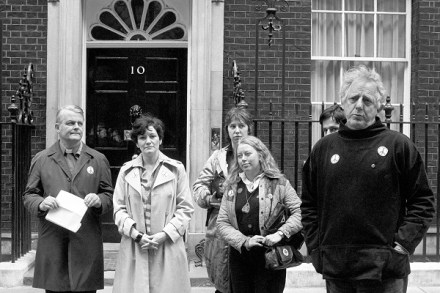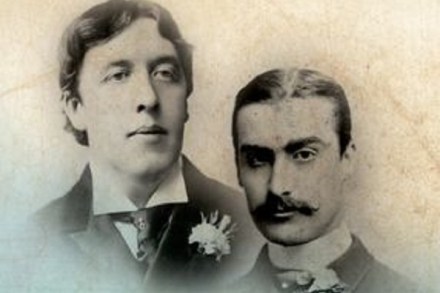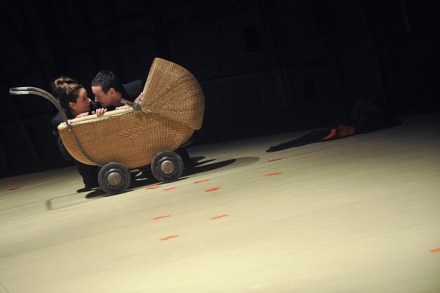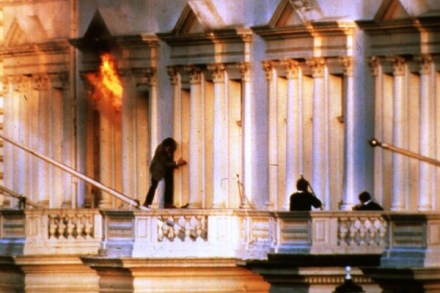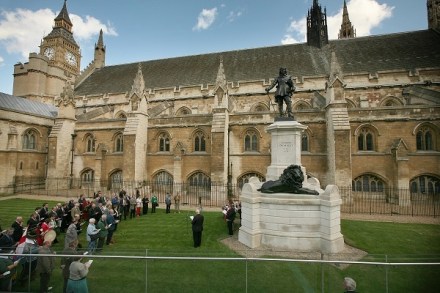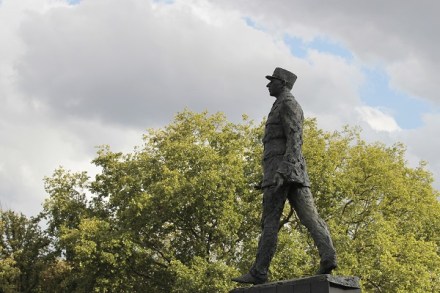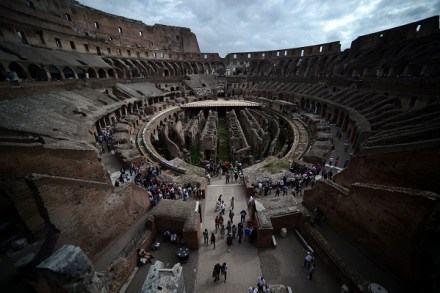Eleven Days in August, by Matthew Cobb - review
It is fair to assume that Professor Matthew Cobb has often been asked if he is related to Professor Richard Cobb since he begins the acknowledgements of his new book by announcing that he is not. Richard Cobb wrote books about France — where he was known as l’étonnant Cobb and, according to his obituary in the Independent, ‘once greeted the dawn nude, in the company of a dozen similarly unattired men and women, in the fountains of the Place de la Concorde’ — and he had a son called Matthew; and Matthew Cobb’s father was called Richard, so the question is understandable. It must also be annoying, though, because



